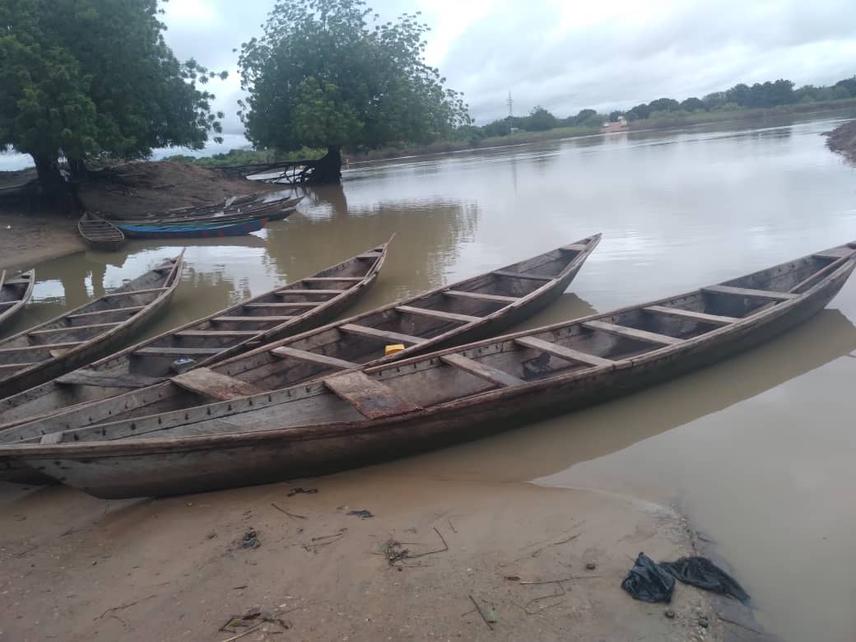Orou-Seko C Abdou
The White Volta River (WVR), coursing through the northern region of Ghana, has long been a vital lifeline for local fishing communities, providing sustenance and livelihoods through its rich aquatic resources (Yeboah, 2014). For some years now, these communities have been facing a distressing decline in fish catches, sounding an alarm for the sustainable management of the aquatic ecosystem. A noticeable decline in fish abundance has negatively impacted the once-thriving fishing activities along the WVR, raising concerns among fishing communities and stakeholders. The socio-economic fabric of these communities is intricately linked with fishing. Indeed, fish, a dietary staple, fulfils nutritional needs, but the sale of fresh catch contributes significantly to the local economy and provides financial stability for families that rely on traditional fishing practices (Ahmed et al., 2022). Therefore, as the fish catch decreases, the consequences are not only observed on the natural fish stock and the economic strain on these communities that intensifies, exacerbating existing challenges but also threatening fish species being caught.

White Volta River. ©Iddrisu Zakaria, SOA Ghana Fellow.
Amidst the declining fish catches, the acceleration of habitat degradation, overfishing, pollution, and loss of fish biodiversity due to unchecked human activities cumulatively take a toll on the delicate aquatic ecosystems of the WVR. These situations not only threaten the survival of many fish species but also disrupt the delicate balance of the ecosystem. Thus, the current project has been designed to: (1) assess threats to endangered fish species and the knowledge level of fishing communities on threatened fish species conservation; (2) determine factors influencing fishing communities’ perceptions towards sustainable aquaculture development; (3) Identify suitable sites for pond aquaculture development; (4) create awareness of fishpond farming adoption for livelihood diversification; and (5) train fishing communities on approaches to developing pond aquaculture without interfering with biodiversity. Early intervention through this project will contribute to: (1) deepening understanding of the challenges faced by both fish and communities as a standing structure for guidance fostering informed conservation practices, (2) guiding fishing communities in embracing alternative livelihoods, reducing dependence on traditional fishing methods, thereby contributing to the preservation of threatened fish stocks, (3) identifying and disseminating potentially suitable pond aquaculture sites for local community use, (4) empowering local communities (local authorities, fishermen, fisheries managers, and fishmongers) with viable alternatives, reducing pressure on natural fish populations and their habitats for a sustainable ethos that will benefit humanity.
Header: Principal investigator discussing the different fish species with a fishmonger at Adayili fishing community. ©Napps Lateeph.